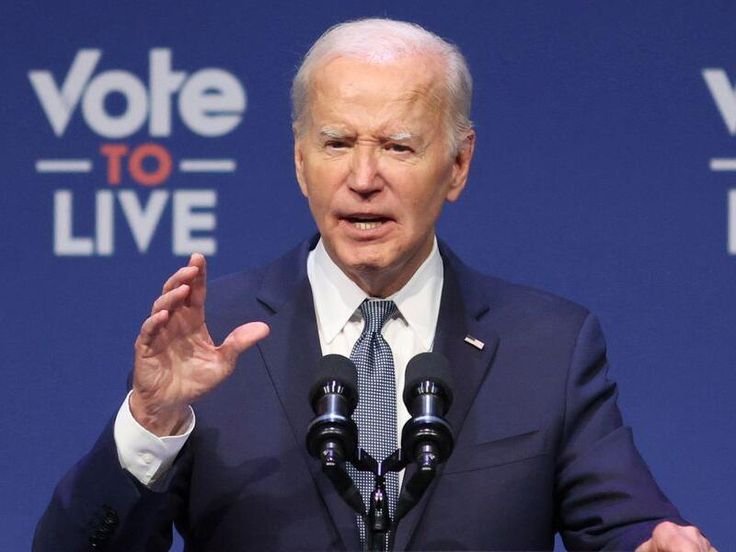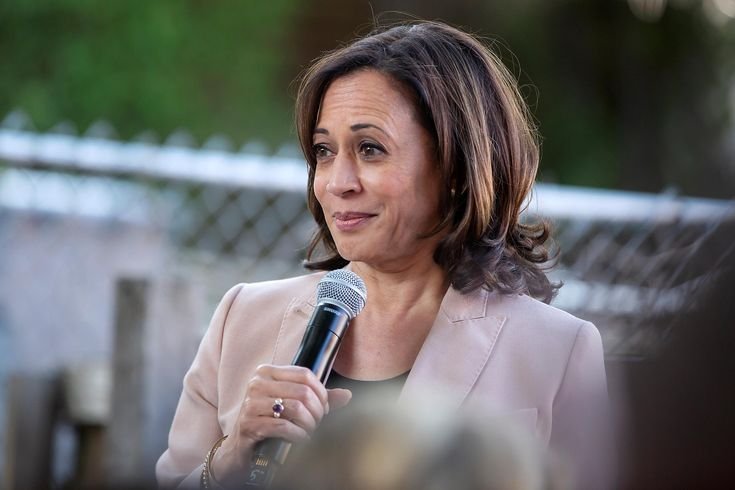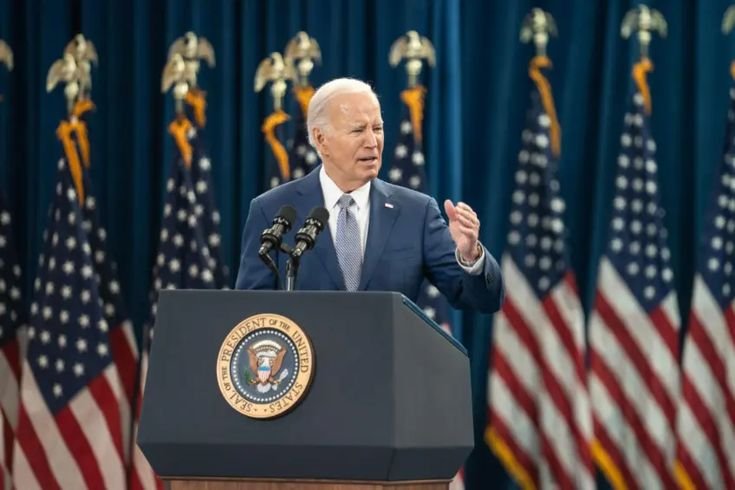
President Joe Biden announced his withdrawal from the 2024 presidential race in a significant and surprising political development. This decision made public on July 21, 2024, came after a series of events and concerns that cast doubt on his ability to continue his campaign effectively.
The Announcement
A news anchor delivered President Biden’s announcement in a nationally televised address from the White House. In his speech, Biden cited his age and health as influencing his decision. At 81 years old, he acknowledged the physical and mental demands of the presidency and the campaign trail, expressing concern that he might not fully meet these demands for another four-year term. Biden emphasized his desire to focus on completing his current term with dedication and to ensure a smooth transition for the next Democratic candidate.
“After much thought and reflection, I have decided that I will not seek re-election in 2024,” Biden said. “It has been the honour of my life to serve as your president, but I believe it is in the best interest of our country for me to step aside and allow a new generation of leaders to emerge.”

Factors Leading to the Decision
Several factors contributed to Biden’s decision to step down from the race. Among them was increasing scrutiny over his age and health. Although Biden has maintained a busy schedule and demonstrated considerable stamina, critics and political opponents have frequently pointed to his age as a potential liability. This issue came to the forefront during a recent debate, during which Biden appeared less energetic and occasionally stumble over his words, fueling speculation about his capacity to endure another rigorous campaign.
Additionally, internal party dynamics played a role. There were growing concerns within the Democratic Party about Biden’s electability against a resurgent Republican Party, especially with former President Donald Trump poised as the likely GOP nominee. Party strategists were reportedly worried that Biden’s candidacy might not energize the Democratic base or attract the necessary independent voters to secure a victory in a highly polarized political environment.

Endorsement of Kamala Harris
In his withdrawal speech, Biden endorsed Vice President Kamala Harris as the Democratic nominee. This endorsement immediately positioned Harris as the front-runner in the Democratic primary. Biden praised Harris’s leadership, experience, and vision for the future, expressing confidence that she could unite the party and win the general election.
“Vice President Harris has been a steadfast partner in our administration, and I believe she is uniquely qualified to lead our country forward,” Biden said. “I am proud to endorse her candidacy for president and urge all Democrats to rally behind her.”
Harris, who had been preparing for a possible presidential run, expressed her gratitude for Biden’s endorsement and reiterated her commitment to building on the administration’s achievements. She highlighted the importance of addressing key issues such as healthcare, climate change, and economic inequality in her statement.
“I am honoured by President Biden’s support and am ready to take on the challenges that lie ahead,” Harris said. “Together, we will continue to fight for the values that make our country strong and ensure a brighter future for all Americans.”

Democratic Party Dynamics
Biden’s decision has significantly reshaped the Democratic primary landscape. With Harris now the presumptive nominee, other potential candidates must decide whether to challenge or support her candidacy. Some prominent Democrats, including California Governor Gavin Newsom and Michigan Governor Gretchen Whitmer, had been rumoured to be considering runs. However, they are now weighing their options in light of Biden’s endorsement of Harris.
The Democratic National Committee (DNC) supported a unified front in the 2024 election. DNC Chair Jaime Harrison called for party unity and emphasized the importance of maintaining the progress made under the Biden administration.
“We must come together as a party to support Vice President Harris and ensure that we continue to build on the successes of the past few years,” Harrison said. “This election is critical, and we cannot afford division.
Republican Reaction
The Republican Party reacted swiftly to Biden’s announcement. Former President Donald Trump, who remains a polarizing figure within American politics, seized the opportunity to criticize Biden and the Democratic Party. Trump, who has already declared his candidacy for 2024, suggested that Biden’s withdrawal was a sign of weakness and failure.
“Joe Biden knew he couldn’t win, so he quit,” Trump said in a statement. “The American people deserve strong leadership, and I am ready to provide that again. We will take back our country and Make America Great Again.”
Other Republican leaders echoed Trump’s sentiments, framing Biden’s decision as evidence of Democratic disarray and a lack of confidence in their leadership.
Political Implications
Biden’s withdrawal from the race significantly affects the 2024 presidential election. With Harris as the Democratic front-runner, the election could see a historic contest between two high-profile candidates: Harris, the first female president and woman of colour to hold the office, and Trump, seeking to return to the White House after a single term.
Political analysts predict a fiercely contested and highly charged election. Both parties will mobilize their bases and focus on critical swing states. The campaign discourse is expected to focus on key issues such as the economy, healthcare, immigration, and national security.
Additionally, Biden’s decision may impact down-ballot races as Democratic candidates for Congress, governorships, and state legislatures align themselves with Harris’s candidacy. The Democratic Party will need to leverage its organizational strength and grassroots support to counter the Republican challenge effectively.

Conclusion
President Joe Biden’s decision to withdraw from the 2024 presidential race marks a pivotal moment in American politics. His endorsement of Kamala Harris sets the stage for a historic election with significant implications for the Democratic and Republican parties. As the campaign season intensifies, voters will closely watch how both parties navigate this unexpected turn of events and present their visions for the future of the United States.

Leave a Reply